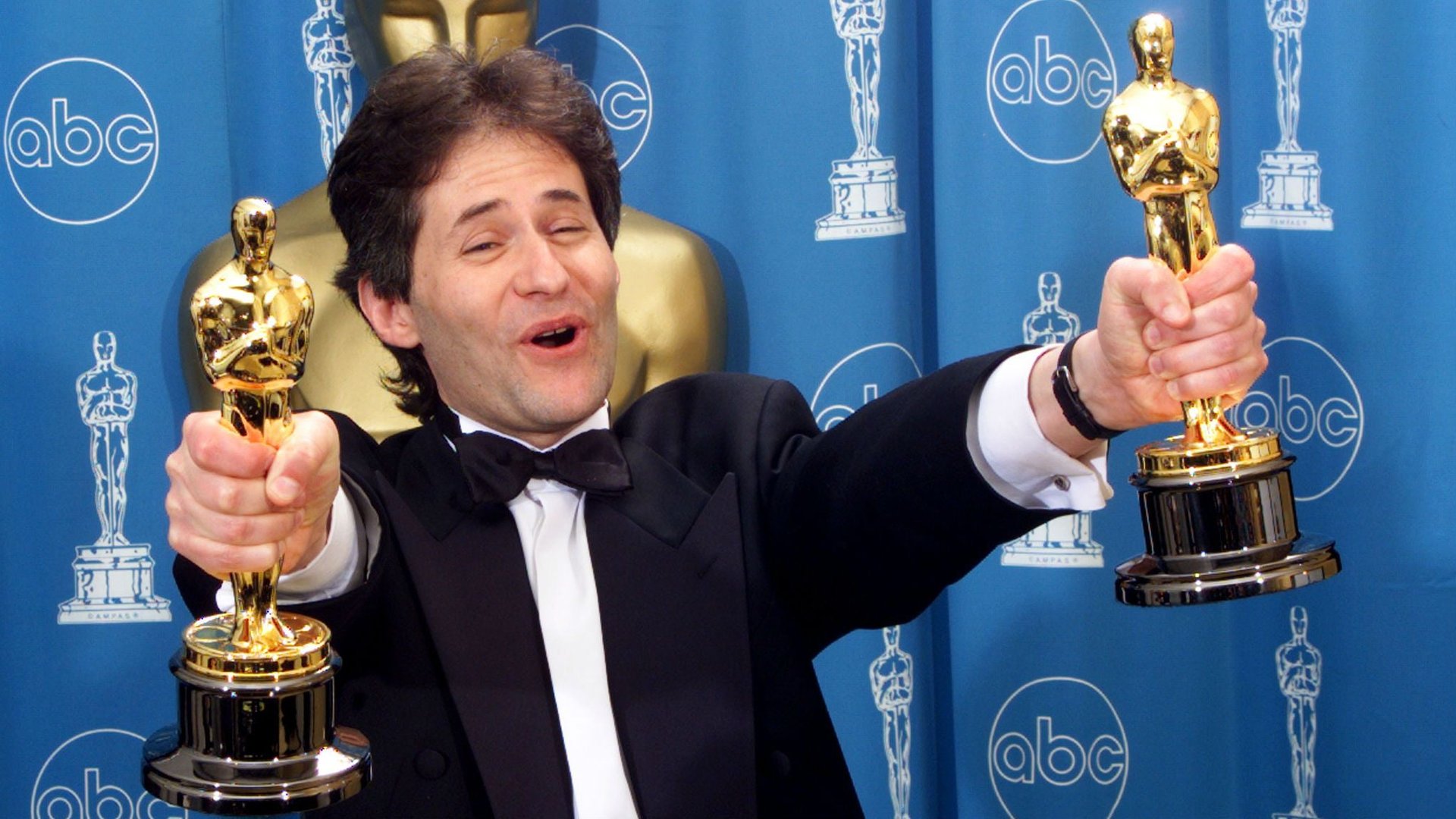James Horner, the composer who made you weep during “Titantic” and “Braveheart,” has died in a plane crash
Even if you didn’t know the name of James Horner, it’s very likely that you know his work, deep in your bones.


Even if you didn’t know the name of James Horner, it’s very likely that you know his work, deep in your bones.
The composer for more than 100 films—including Glory, Braveheart, Titanic, Apollo 13, Field of Dreams, and Avatar—was killed when his small aircraft crashed in a remote area north of Santa Barbara, California on Monday. He was 61. Though the body has yet to be officially identified, outlets including Variety and the Hollywood Reporter have confirmed Horner’s death. His assistant has also confirmed the news on her Facebook page.
I first saw Glory when I was in 7th grade. While I was, and remain, a history nerd, the thing I enjoyed most about the Civil War epic was its sublime orchestral score, buoyed by the Boys Choir of Harlem, that so aptly conveyed the courage of the 54th Massachusetts Regiment.
That was my first introduction to James Horner. I was so moved by the score that I was determined to look up who was responsible for it—not the last time I’d do that, but certainly the first. I read that he wrote the music for a little film called Braveheart, so at 13 years old I watched it for the first time, not because of Mel Gibson, but because James Horner created its music.
Man, those bagpipes.
I soon discovered that Horner had also done the music for Field of Dreams (video) and Aliens (video) as well, which I had seen but was perhaps too young to appreciate at the time. After Braveheart came Apollo 13 (video), and Jumanji (video), and then, of course, Titanic.
Legend has it that Celine Dion was not a fan of “My Heart Will Go On,” and begrudgingly recorded the song in one take. It would go on to sell 15 million copies, win a slew of Oscars and Grammys, and, for better or worse, usher in a new era of cheesy movie theme songs.
Horner soon returned to his less-cheesy roots, writing brilliant scores for A Beautiful Mind, Troy (by far the best part of an otherwise mediocre movie), and, yes, James Cameron’s mammoth sci-fi hit Avatar:
It’s impossible to pay tribute to every single one of Horner’s fantastic scores. He was responsible for so many iconic soundtracks over the last 35 years, collecting 10 Oscar nominations, and winning twice. His first score for a major film was for The Lady in Red in 1978, and four years later he’d compose the music for Star Trek II: The Wrath of Khan. In what appears to be one of his final scores, Horner wrote the music for Southpaw, a boxing film starring Jake Gyllenhaal, which is due out in July.
His death triggered an outpouring of tributes from the Hollywood stars and directors who worked with him: